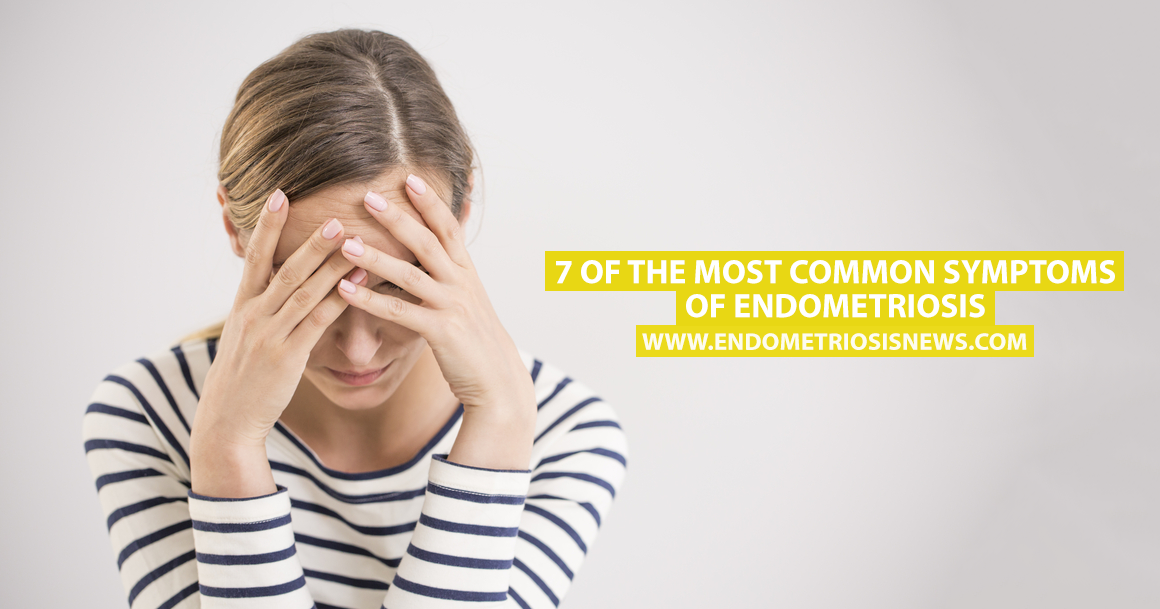It’s estimated that around 10 percent of all women of childbearing age in the world will suffer from endometriosis at some point. Endometriosis is a disease where the uterine tissue begins to grow outside of the uterus causing painful lesions.
Unfortunately, when it comes to diagnosing endometriosis, many women may not realize they have the disease or will struggle to get an accurate diagnosis. According to the Endometriosis Foundation of America, these are the most obvious symptoms associated with endometriosis:
Painful Periods
This goes beyond the one or day cramping that many experience and is extremely painful and debilitating. Over-the-counter medications often are not strong enough to provide relief from the intense pain. Pain may also occur before and after a woman’s period.
Long Periods
Women with endometriosis tend to have longer periods than other women, often lasting more than a week.
Heavy Periods
While it’s usual for women to experience one or two days of heavy bleeding during their periods, if the heavy bleeding lasts longer, there could be something wrong.
MORE: Living with endometriosis is painful, period
Pain Going to the Bathroom
Many women experience pain when urinating and passing stools. Others may experience an urgency to urinate or diarrhea.
Nausea or Vomiting
Nausea or vomiting during your period could indicate that you have endometriosis.
Painful Sex
As lesions begin to build up in the pelvic area, it could lead to painful sex.
Infertility
Around a third of women with endometriosis find it difficult to get pregnant and it’s only when they seek help trying to conceive that they discover that they have the condition.
MORE: Lena Dunham cancels her tour due to endometriosis
Endometriosis News is strictly a news and information website about the disease. It does not provide medical advice, diagnosis or treatment. This content is not intended to be a substitute for professional medical advice, diagnosis, or treatment. Always seek the advice of your physician or another qualified health provider with any questions you may have regarding a medical condition. Never disregard professional medical advice or delay in seeking it because of something you have read on this website.

